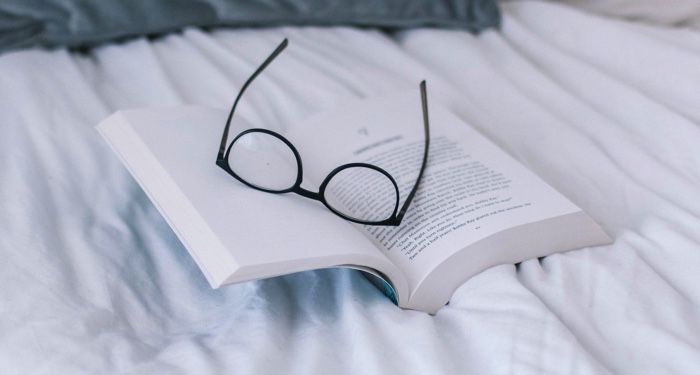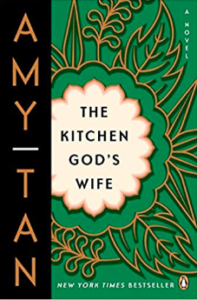
On the Unpredictable Impact of Books
Have you ever read a book and felt like it was written specifically for you? It’s amazing how acutely books can speak to a person. As a literature professor, I witness the impact of books all the time. My students, like myself, often have intensely personal connections to the books they read.
The nature of those connections shifts with the reader. The first time I read 1984 I thought it was a terrifying tale of personal identity loss. (What can I say? I was in high school at the time.) When I read it as an adult in the early 21st century, the trappings of the surveillance state completely unnerved me. When I read it again three years ago, it was Big Brother that really got to me. Similarly, I used to encounter books about families from the perspective of the children (regardless of age). Now that I’m a parent, I bring my mother-ness to such books and identify with the parents. It’s a strange thing, empathy.
As a parent, I’m the person who’s constantly interrogating her kid’s bookshelf. What message does this book send? What implicit biases might my child pick up from reading this book? What story are the pictures telling? Maybe I’m overthinking things. It wouldn’t be the first time.
Then again, when I look back on the books that influenced me, I find they’re rarely the ones you’d expect. Most of them weren’t books my parents shared with me, or even books I read for school.
When I was 5, my family relocated. I was heartbroken to leave my best friend from kindergarten, so I held onto her farewell gift with unnatural intensity. It was a book about a fish named Arty who literally swam against the current. All the fish would swim one way, and Arty would swim the other. All the fish would eat food off of this mysterious hook from above, but not Arty. Turns out, Arty was right to think about things, to be different. I read this book hundreds of times. I still own it — it’s that much a part of who I am.
At 8, I read my first chapter book cover-to-cover in a single afternoon while my mom napped in the other room. I was so proud that I read over 100 pages in one day! I don’t recall the title of that book, but I remember it was a biography of Annie Oakley. Yup, Annie Oakley the cowgirl, the sharpshooter, the Wild West icon. I was so thrilled with myself that I overidentified with Annie Oakley (to this day, some of my non-essential online accounts are taken out under her name). Where did I get this book? I think I won it in school; I know my parents didn’t choose it for me.
In junior high, I used to go to the local thrift store with my best friend. We’d walk there in the hot summer sun on Dollar Book Days. They’d give you a brown paper grocery bag and you could cram it full of books for just $1. After tossing in as many interesting titles as we could find, we’d sit on the wall in the dusty parking lot combing through our spoils as we worked our way through whatever box of candy we were sharing that day (usually Dots). One time, I happened to pick up Amy Tan’s book The Kitchen God’s Wife. When I read that book — a yellowed, soft-cornered mass market paperback — I realized for the first time that people like me were story-worthy. While I was an avid reader, I’d always felt a great distance between myself and the worlds I read about. Tan’s book changed that.
When I hit high school, I continued to encounter “canonical” authors in my English classes: Hemingway, Dickens, Hawthorne, Salinger, Conrad. During the final months of my senior year, my English teacher made us read Shakespeare’s tragedy, Macbeth. She was the cool teacher, a tough and energetic woman with short-cropped hair who chewed gum and paced around the room cracking wiseass jokes as she breathed life into tired classics that a room full of high schoolers just couldn’t connect with. Still, the idea of yet another Shakespearean drama made me roll my eyes so hard I’m surprised I didn’t pull a muscle.
I still don’t know exactly what it was about Macbeth that broke me open, but that book changed me. At that point, I’d already sent off my acceptance to the university of my choice and had declared myself a math major. But Macbeth. Who knew? I changed my major to English because of that book. I went on to earn my PhD in English and to teach literature.
You just never know what book is going to get its hooks into you. I’m sure my parents would never have guessed the course of my life would be so strongly influenced by these random books. I’m certain my own child will grow up to remember books I’ve long since forgotten I read to her (or that I didn’t even know she read). I can only hope that the ones that stick open up possibilities for her rather than confining her to a small, ill-fitting box.









